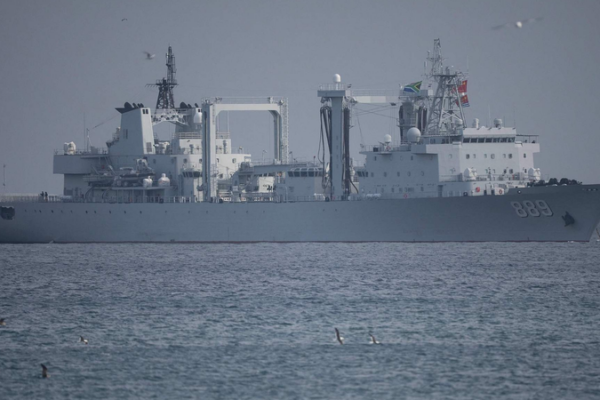
BRICS Nations Launch Joint Naval Exercise to Bolster Maritime Security
BRICS members China, Russia, and South Africa launch ‘Will for Peace 2026’ naval exercise to enhance maritime security and economic stability in key shipping lanes.
News & Insights Across Asia

BRICS members China, Russia, and South Africa launch ‘Will for Peace 2026’ naval exercise to enhance maritime security and economic stability in key shipping lanes.

BRICS members China, Russia, and South Africa launch joint maritime drills ‘Will for Peace 2026’ off South Africa’s coast, focusing on counter-terrorism and maritime safety.
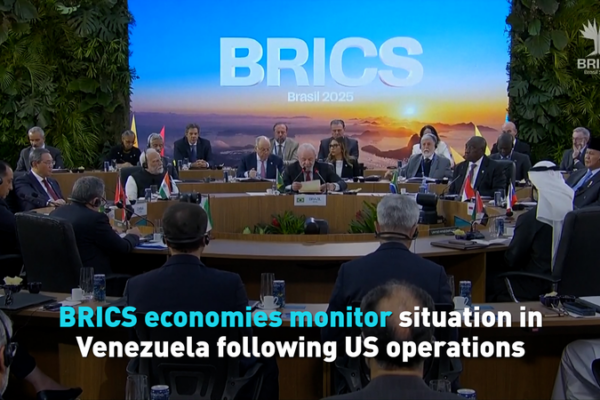
BRICS countries closely watch Venezuela’s situation as US actions spark debates on international law and power dynamics in 2026.
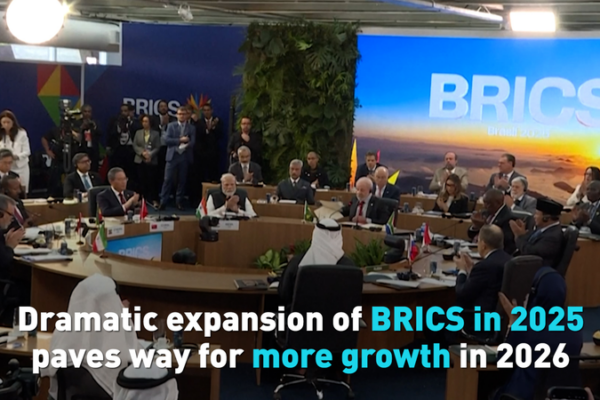
BRICS’ historic 2025 expansion accelerates global economic shifts, with analysts forecasting major growth opportunities across emerging markets in 2026.
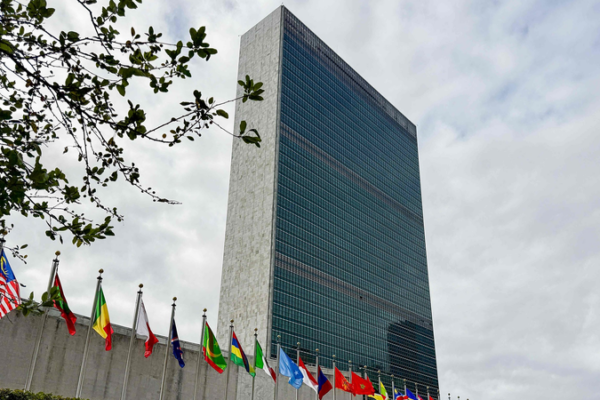
China’s Global Governance Initiative gains momentum in 2025, proposing equitable reforms to address development gaps and outdated international systems.

Major international institutions revise China’s 2025 GDP growth forecasts upward, citing policy support and export resilience as key drivers.

Chinese Premier Li Qiang and South African President Ramaphosa pledge to deepen cooperation ahead of the G20 Summit, focusing on economic alignment and mutual support.
South African scholar Professor Jaya Josie predicts China’s 15th Five-Year Plan (2026-2030) will boost foreign investment and stabilize global economic cooperation through BRICS partnerships.
Chinese Premier Li Qiang met Nigeria’s Speaker Abbas Tajudeen at CIIE, pledging deeper cooperation in trade, energy, and tech under Belt and Road.
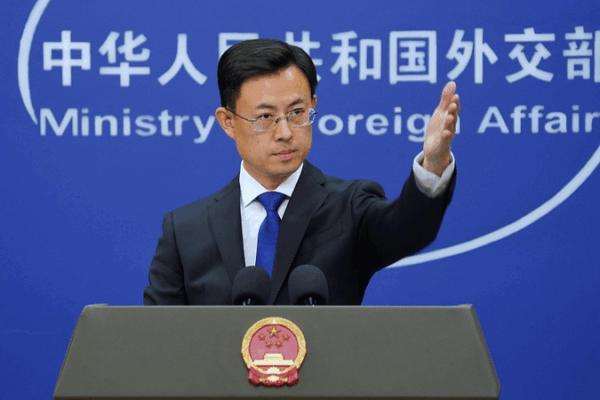
China invites like-minded nations to join BRICS cooperation, emphasizing multilateralism and equitable global development for emerging economies.
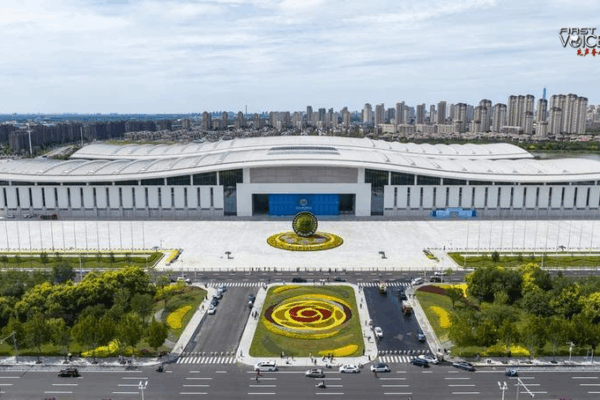
China’s Global Governance Initiative proposes inclusive reforms to address systemic challenges, emphasizing equity and shared responsibility in international cooperation.
Expanded BRICS alliance gains prominence as stabilizing force in global governance amid shifting economic and political landscapes.
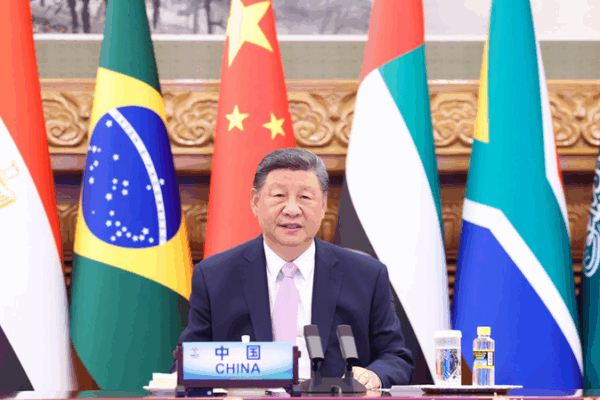
China’s Global Governance Initiative wins Global South support, promoting inclusive multilateral reforms through BRICS and SCO partnerships.
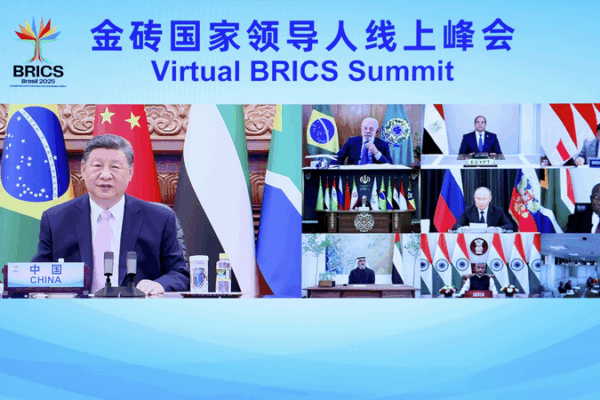
BRICS nations reject unilateral trade practices, advocate for inclusive global governance and equitable economic cooperation at virtual summit.

Xi Jinping outlines BRICS-led reforms for fairer global governance through multilateral cooperation and development initiatives, reshaping international economic dynamics.

China rallies BRICS nations to defend multilateralism, leveraging the $40B New Development Bank’s success to reshape global governance through emerging economy cooperation.
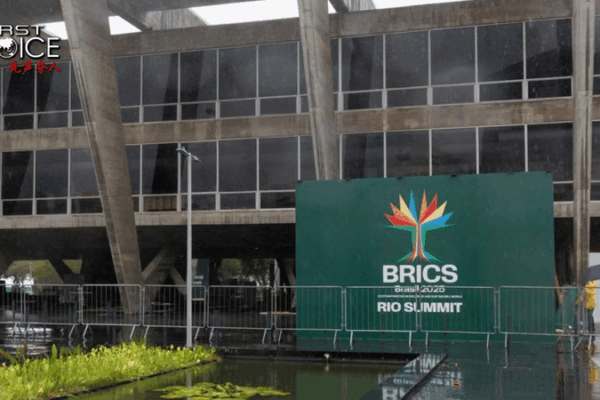
China’s Global Governance Initiative aims to reshape international cooperation through BRICS, promoting equitable representation and development strategies for emerging economies.
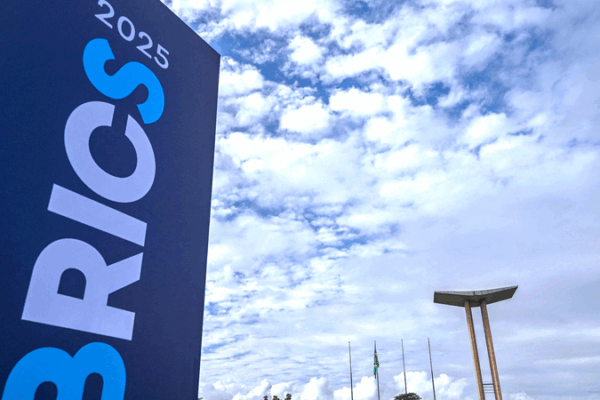
Chinese President Xi Jinping will deliver a keynote address at the BRICS Leaders Virtual Meeting, focusing on multilateral cooperation and economic strategies.
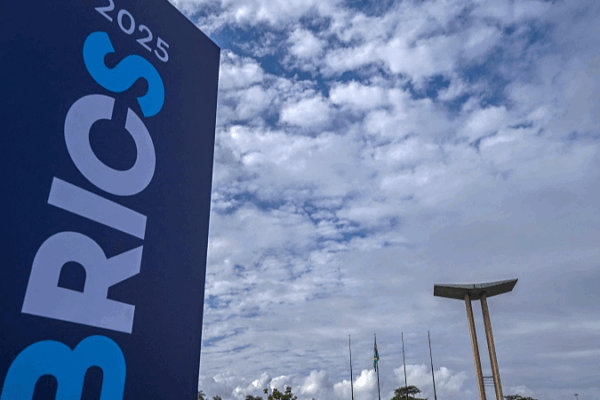
President Xi Jinping will discuss global economic challenges and multilateral cooperation at the BRICS virtual summit, emphasizing China’s role in fostering equitable global governance.
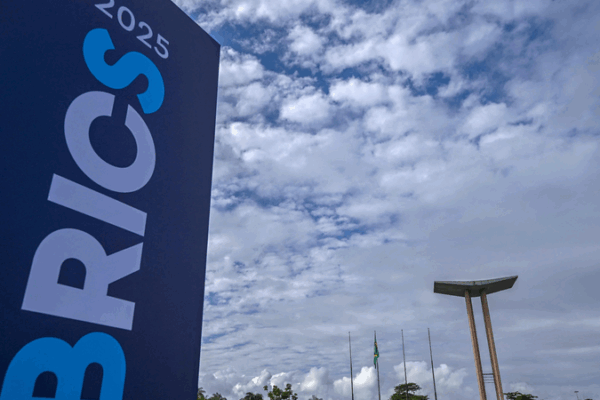
Chinese President Xi Jinping will attend the BRICS leaders’ meeting via video link on September 8, focusing on economic cooperation and global governance reforms.